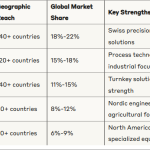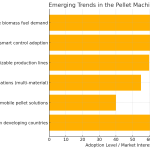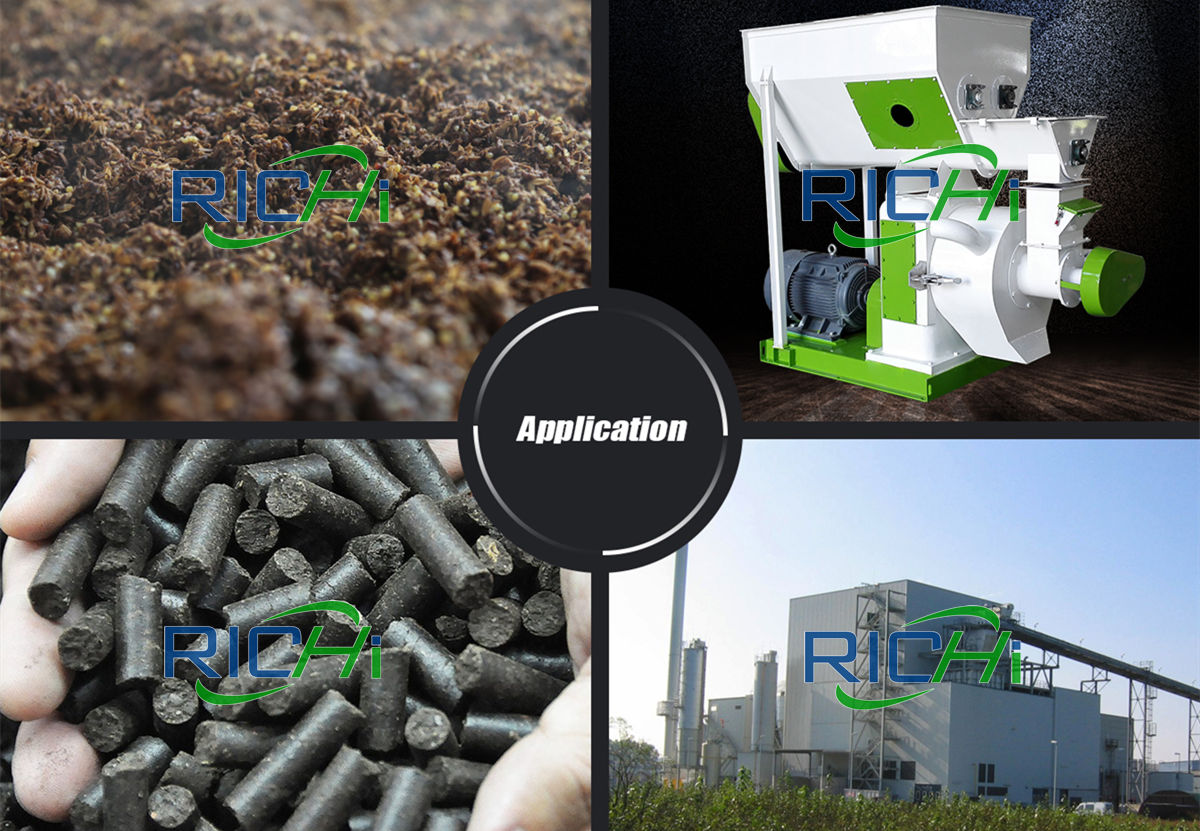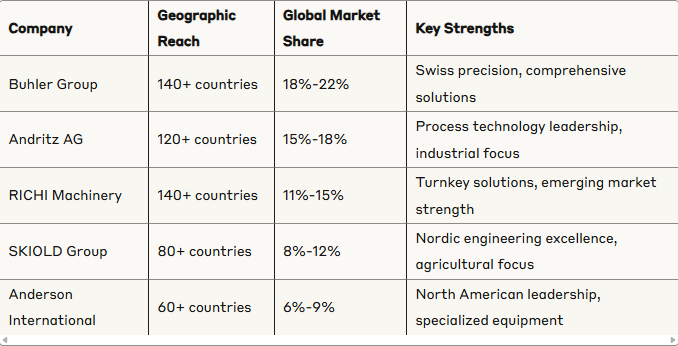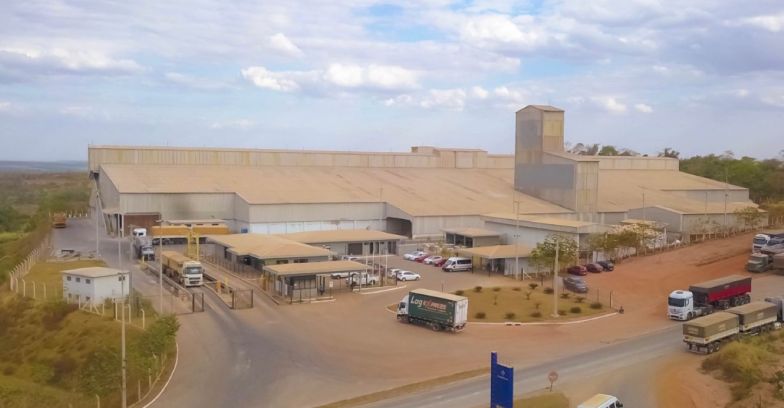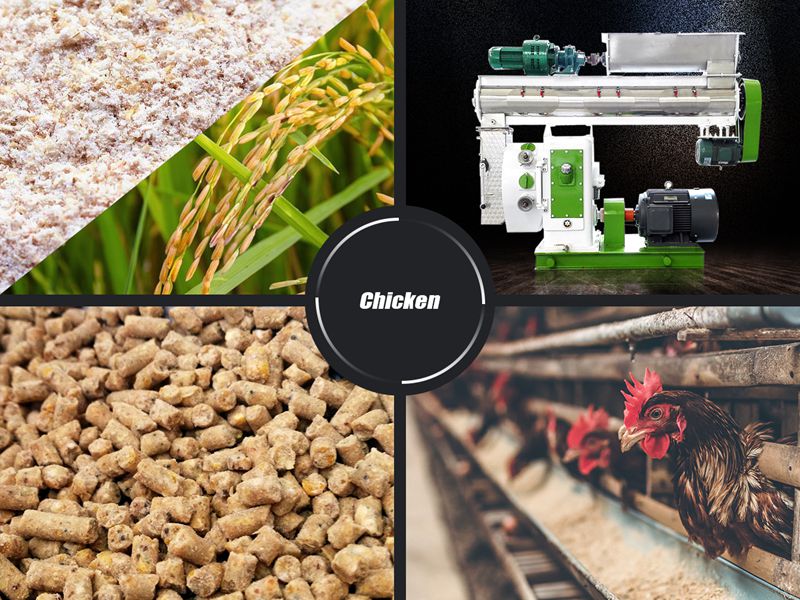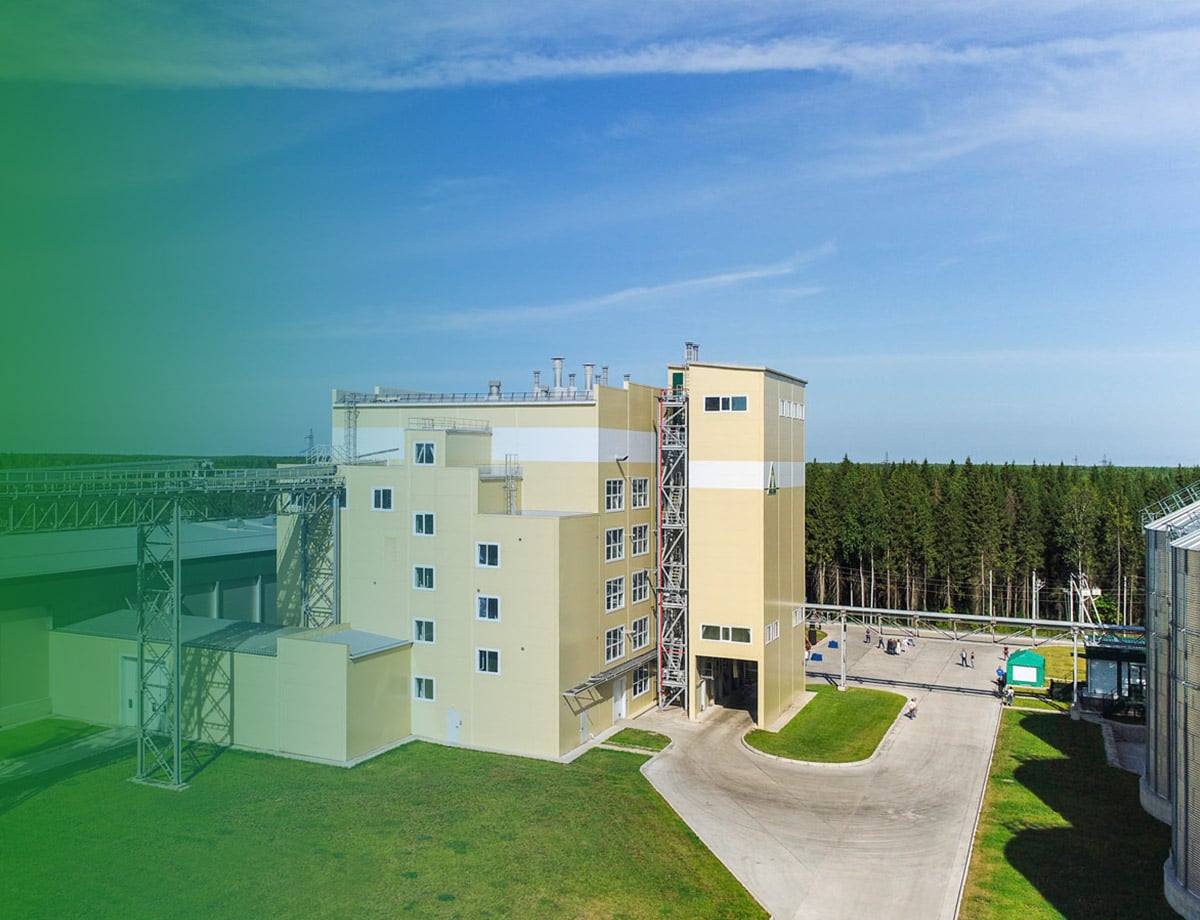Many customers call Richi Machinery and ask: How much does it cost to invest in 10,000 tons of small organic fertilizer manufacturing plant equipment? How about the cost?
The small organic fertilizer production line is characterized by low overall investment price, low cost, and low technical requirements. It is suitable for investment in large-scale planting and breeding enterprises and small fertilizer factories.
An organic fertilizer manufacturing plant can be divided into small, medium and large organic fertilizer production lines according to the output; according to the process, it can be divided into powder organic fertilizer manufacturing plants and granular organic fertilizer manufacturing plants. Therefore, if you want to calculate an organic fertilizer production line
How much capital cost to invest in the fertilizer manufacturing plant, it is necessary to clarify the output (such as annual output, daily output, hourly output) and technological process (whether to make powder line or pellet line), so that organic fertilizer equipment manufacturers can more accurately configure and compare accurate price cost, give a reasonable quotation.
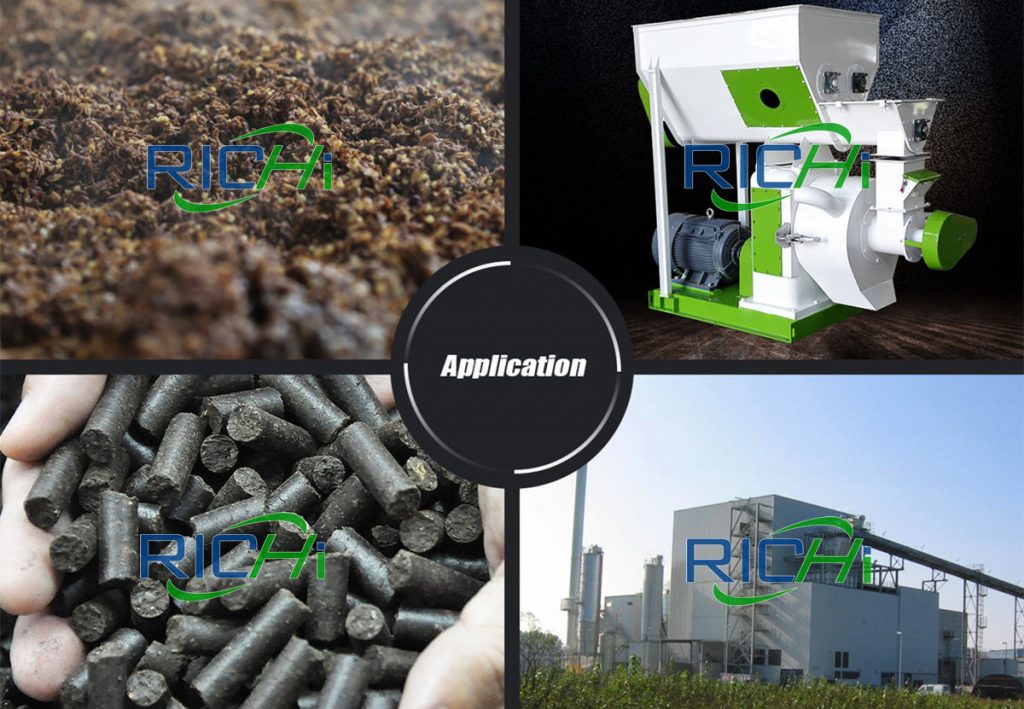
1. Small organic fertilizer manufacturing plant
Small organic fertilizer manufacturing plant refers to the organic fertilizer process equipment with an annual output of between 5,000 tons and 20,000 tons. The annual output of 10,000 tons of organic fertilizer equipment is a very representative small-scale organic fertilizer production line. Richi Machinery analyzes its investment cost, equipment configuration and profit as follows.
(1) Overview of small organic fertilizer pellet plant:
- Annual production capacity of small fertilizer manufacturing plant: 5,000 tons – 20,000 tons;
- Total investment in organic fertilizer manufacturing plant equipment: 50000-736500USD;
- Organic fertilizers must meet the standards: NY1-2012; Small-scale organic fertilizer production line processing technical requirements: 1 production technician, 1 experimental laboratory technician, and 8 workers.
(2)10,000 tons of fertilizer manufacturing plant
Here, Richi Machinery analyzes in detail the equipment of the organic fertilizer production line with an annual output of 10,000 tons:
A fertilizer manufacturing plant with an annual output of 10,000 tons of bio-organic fertilizer can process 22,000 tons to 25,000 tons of livestock and poultry manure every year. The following investment construction and supporting facilities are required:
- Fermentation workshop: One fermentation workshop: The minimum area is 60㎡×6 =360㎡ Factory requirements: The conditions of the fermentation workshop should be sheltered from wind and rain, and no other conditions are required, and the height is 2.5m;
- Material site: It depends on the situation, generally 80㎡—4000㎡;
- Processing workshop: processing granular organic fertilizer, the construction area is about ㎡;
- Warehouse: It depends on the actual situation. Generally, warehouses with more than m2 should be built. According to the above requirements and the requirements of laboratories, logistics, offices, dormitories and other conditions, the production plant of bio-organic fertilizer with an annual output of 10,000 tons covers an area of 5 acer to 8 mu, which is reasonable.
- Staff allocation: On the premise of completing the output of 10,000 tons, about 8 production workers need to be allocated, including 1 production technician and 1 laboratory laboratory technician. Management and market sales are determined according to the actual situation.
At present, the average price of granular organic fertilizer in the market is 800-1200 yuan/ton, and the annual output value of 10,000 tons is 1473000-5892000USD. The above comparison of cost and output value clearly shows that as long as the sales strategy is appropriate, the cost can be recovered in the year.
There is also a lot of income. The configuration of investment small organic fertilizer manufacturing plant and raw material organic fertilizer production machine is divided into three configurations:
- High configuration: dehydrator, fermentation turner, semi-wet material pulverizer, horizontal mixer, organic fertilizer pellet making machine, dryer, cooler, drum Screening machines, coating machines, packaging equipment, belt conveyors, etc.
- Medium configuration: semi-wet material pulverizer, horizontal mixer, organic fertilizer pellet making machine, dryer, cooler, trommel screening machine, packaging equipment, belt conveyor, etc.
- Low configuration: semi-wet material pulverizer, horizontal mixer, organic fertilizer pellet making machine/trommel screener, packaging equipment.
(3) Raw and auxiliary materials:
- Organic main raw materials: solid wastes such as livestock and poultry manure, domestic sludge, and domestic garbage account for about 50-80% of the formula;
- Inorganic main raw materials: urea, ammonium phosphate, common calcium, heavy calcium, potassium chloride, potassium sulfate, etc. account for about 10-30% of the formula;
- Medium and trace element additives account for about 10% of the formula;
- Bio-organic compound fertilizer needs to add biological bacteria powder: 5‰-10%;
- Raw materials that may be used according to needs: peat, oil foot, fly ash, etc.;
- Auxiliary energy: water, electricity, coal.
- Invest in small organic fertilizer manufacturing plants to enjoy policy support.
- Technical elements: it is divided into two stages: fermentation and granulation. The fermentation process of small organic fertilizer manufacturing plant, according to the requirements of environmental protection, is more suitable in the trough type organic fertilizer fermentation tank.
It can make the fermentation temperature of livestock and poultry manure and other organic wastes rise to 40℃ within 24 hours, deodorize within 36 hours, rise to above 60℃ within 48 hours, and complete decomposing and dehydration within 7 days. Raw materials for organic fertilizer products. Then after the fertilizer manufacturing plant granulation process in the later stage, it can be marketed.
2. What are the advantages of organic fertilizer?
What are the advantages of organic fertilizer processed by fertilizer manufacturing plant and organic fertilizer making machine, as follows:
- Organic fertilizer is an agricultural fertilizer that is systematically processed by organic fertilizer production line equipment. It not only has comprehensive nutrients, but also has long-lasting fertilizer efficiency. Organic fertilizers not only contain macronutrients and trace elements necessary for plants, but also rich in organic nutrients, such as humic acid , vitamins, growth hormones, antibiotics and small molecular compounds of organic nitrogen and phosphorus.
Therefore, organic fertilizer made by fertilizer manufacturing plant is the most comprehensive fertilizer. In addition, the amount of organic fertilizer application is allowed to vary greatly, and generally it will not harm the growth of crops. The application of organic fertilizers not only increases the yield of crops in the current season, but generally can still be effective after the year, and the fertilizer effect is slow and long-lasting.
- Organic fertilizers made by fertilizer manufacturing plant can improve soil physical and chemical properties and improve soil fertility. Organic fertilizers contain a large amount of organic matter, and the general content is about 200g/kg. Organic matter is an important material basis for soil fertility.
The main body of soil organic matter is humus, which accounts for 50% to 65% of the total soil organic matter. Humus is a complex organic colloid, which can adjust and buffer the pH of the soil; increase the amount of soil cation substitution and improve the soil fertility retention; increase the content of soil organic matter, which is conducive to the formation of good soil structure, especially water-stable aggregates the structure increases.
Thereby improving the tightness, aeration, water retention and thermal conditions of the soil, and has a good effect on the water, fertilizer, gas and thermal conditions that determine soil fertility. It is beneficial to improve the physical and chemical properties of soil and improve soil fertility.
- Organic fertilizers made by fertilizer manufacturing plant promote soil microbial activity Soil microorganisms play an important role in the transformation of organic matter and are one of the important indicators to measure the level of soil fertility.
For example, the mineralization process of organic matter in the soil, the effective process of organic nitrogen and phosphorus in the soil, and the biological nitrogen fixation process of leguminous plants are all related to the role of soil microorganisms.
Therefore, the application of organic fertilizers made by fertilizer manufacturing plant increases the number and population of soil beneficial microorganisms on the one hand, and provides favorable environmental conditions for soil microbial activity on the other hand, which significantly enhances soil microbial activity.


